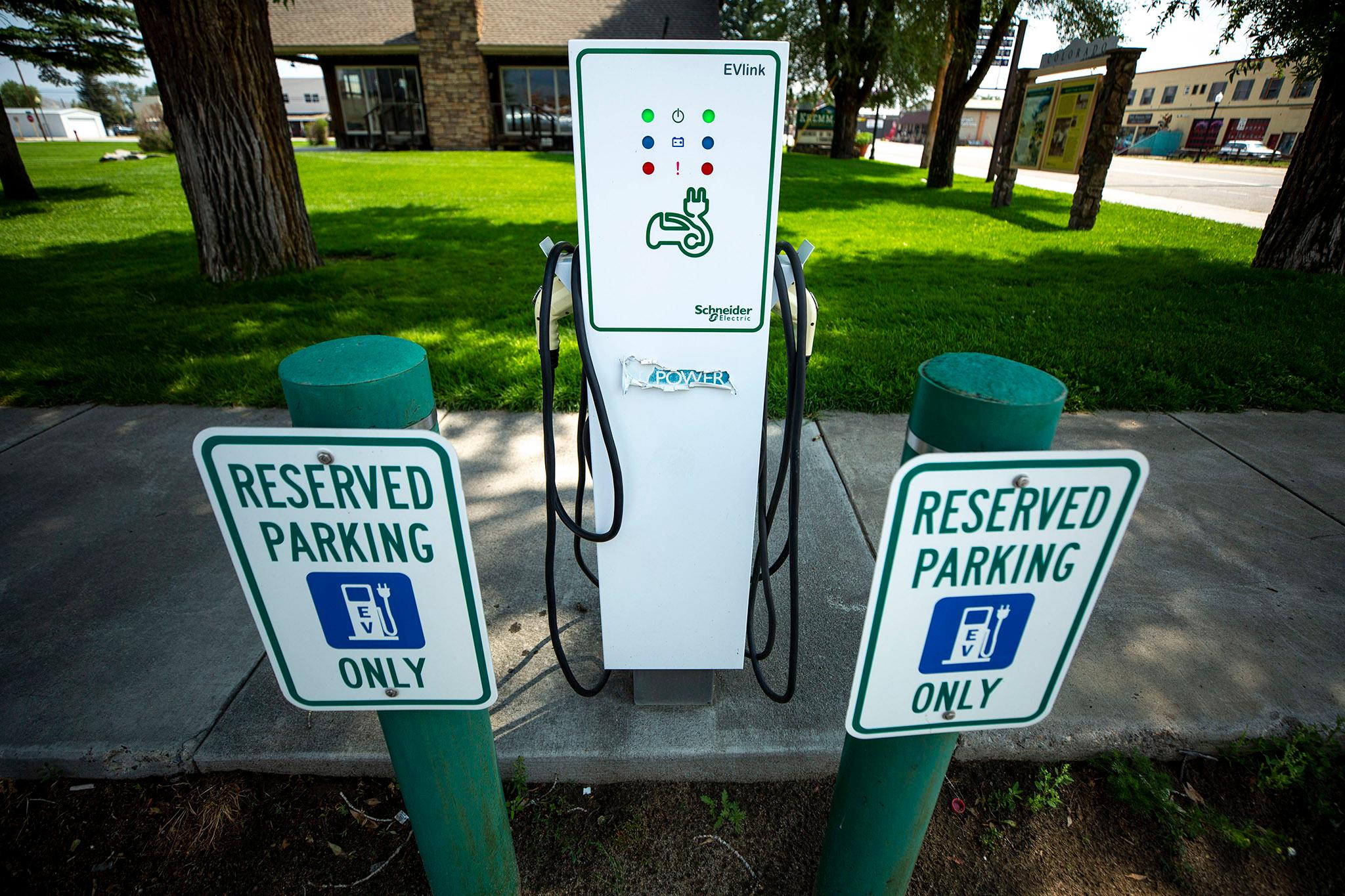
Gov. Jared Polis vetoed a bill to require new large buildings and apartments to install electric vehicle chargers Tuesday, warning it could further raise housing prices across the state.
The governor explained his reasoning in a letter to lawmakers, arguing the legislation did not offer builders enough flexibility to adjust to new charging technology or the different needs of specific communities. The result would be more expensive residential and commercial developments without a guarantee of long-term savings, Polis wrote.
"I fully understand that with current technology, installing EV charging upfront can be less expensive over the long run than subsequent adaptation. However, requiring EV installation upfront also leads to greater costs now, at the very time Coloradans are struggling with increased housing costs," Polis wrote.
The bill, HB22-1218, would have required chargers at new or renovated large residential and commercial developments. For example, new apartments would need half of their parking spaces built so that wiring for EV chargers could be quickly added. Twenty percent of the spaces would need plugs for chargers.
Under the legislation, builders could have charged residents who park in those spaces for the cost of complying with the vetoed requirements.
The bill’s lead sponsor, Rep. Alex Valdez, D-Denver, said he was disappointed by the veto. He found the idea the requirements would make it harder to adapt to new charging technologies particularly perplexing.
“This bill called for conduits and wire, and those things will never change,” Valdez said. “Unless electricity changes, we still have to deliver electricity to the place where the electric vehicles sit. So that part is a little odd.”
In response to the governor's concerns the legislation could have increased housing costs, Valdez noted it's more expensive to retrofit buildings for electric car chargers than to add the wiring during construction. With carmakers already committed to a rapid shift to electric vehicles, he worries Polis’ “shortsighted” veto could leave apartment and condo dwellers stuck with fossil fuel-powered cars.
Lobbyist records show environmental groups and Tesla Motors supported the bipartisan legislation. Opponents from local chambers of commerce and the Colorado Apartment Association pushed lawmakers to reject the legislation.
Polis told lawmakers there wasn't enough research showing the plan would save residents money, echoing a major theme of his current reelection campaign. As an alternative approach, he proposed leaving the question of EV-charging requirements to a new energy code board established by separate legislation he signed into law.
Over the next few years, the panel plans to set a new floor for building standards to align with Colorado's climate goals. Local communities enact even greener codes but will not be able to go below the statewide standards.
In his veto letter, Polis said the board could "dynamically modify" EV-charging requirements as new technology becomes available without additional legislation.
Editor’s note: This story has been updated to include comments from the bill’s lead sponsor.









